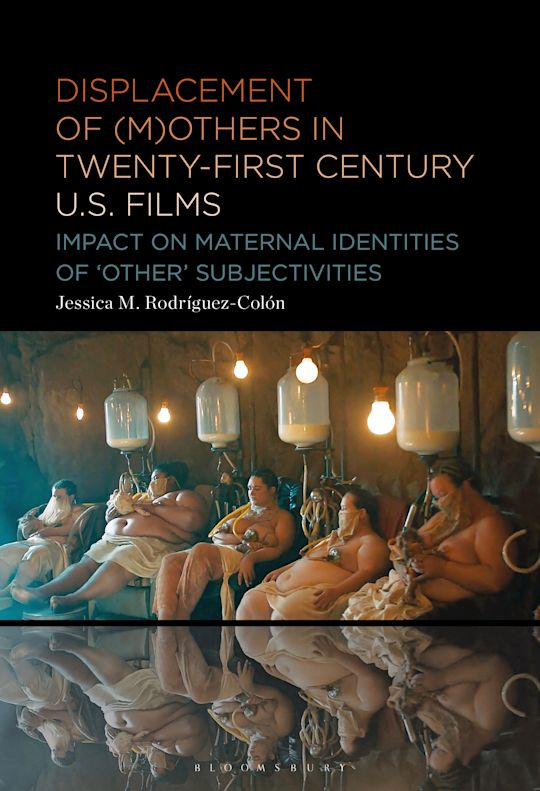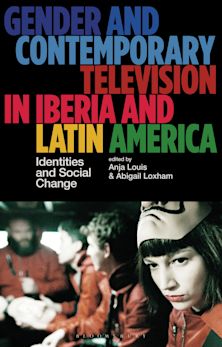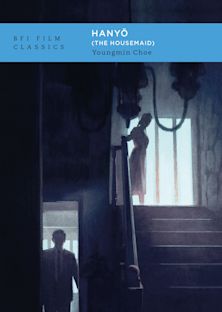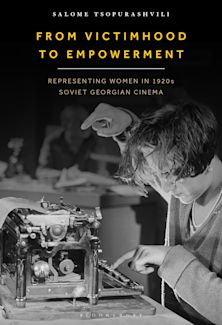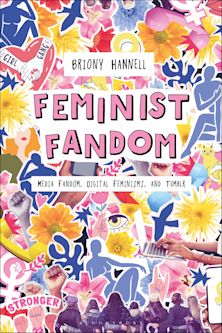- Home
- ACADEMIC
- Film & Media
- Gender and Sexuality in Film and Media
- Displacement of (M)others in Twenty-First-Century US Films
Displacement of (M)others in Twenty-First-Century US Films
Impact on Maternal Identities of "Other" Subjectivities
Displacement of (M)others in Twenty-First-Century US Films
Impact on Maternal Identities of "Other" Subjectivities
Payment for this pre-order will be taken when the item becomes available
You must sign in to add this item to your wishlist. Please sign in or create an account
Description
This book retraces maternal philosophy by presenting an alternative genealogy and providing a concrete definition of the term (m)other. Most importantly, it introduces a new theory of The Gaze Economy in order to evaluate characters in films and measure its effect on the subjects in those films.
This book looks at philosophical traditions that excluded female voices and that codified women into motherhood and labor of care. From the philosophical foundation, the book moves toward presenting key ideas linked to maternal subjectivity, arguing that maternal subjectivity is rhizomatic, rather than just a split.
The central inquiries lead to the concept of (m)others and the discourses that this concept and these identities highlight, discussing maternal politics and the dispossession of maternal bodies into certain spaces to understand the importance of looking into the performativity of the maternal in both, fictional and non-fictional spaces. The author uses The Gaze Economy to look at the performativity of mothers as much as its aesthetic representation.
Table of Contents
Acknowledgments
Introduction: Landing at the Displacement of (M)others
1. Origin of Mother and It's Displacement
2. The Maternal: A Philosophical Practice
3. Becoming a Mother
4. Recognizing (M)others
5. The Gaze Economy
6. Mapping What is Seen: Film Economics 2000-2019
7. Framing Reel Mothers
8. The Character's Voice: What Did They Say?
An Epilogue for (M)others: Welcome Home!
Bibliography
Filmography
Index
Product details

| Published | Dec 11 2025 |
|---|---|
| Format | Ebook (Epub & Mobi) |
| Edition | 1st |
| Extent | 256 |
| ISBN | 9798765126462 |
| Imprint | Bloomsbury Academic |
| Illustrations | 68 bw illus |
| Publisher | Bloomsbury Publishing |
About the contributors
Reviews
-
Displacement of (M)others in Twenty-First Century U.S. Films examines how mainstream cinema marginalizes and misrepresents diverse maternal identities, particularly non-normative mothers. By analyzing film narratives, gaze theory, and economics, the work critiques the exclusion of these "mothers" and explores the broader impact on societal perceptions of motherhood.
Swarnavel Eswaran Pillai, Professor, Michigan State University, USA
-
Dr. Rodriguez-Colon compellingly situates the complexities of maternal identities within philosophical and cinematic traditions. Looking at how representations of mothers in film continue to be narrowly defined and exclude (m)others, or those who fall outside of culturally prescribed ideals of maternity, Rodriguez-Colon analyzes in detail the multiplicities of maternal subjectivities and maternal gazes on screen. This important contribution to the field makes a provocative link to production economics, examining who benefits from gaze economies and at what cost.
Rachel Epp Buller, Professor of Visual Arts and Design, Bethel College, USA, and editor of Reconciling Art and Mothering (2012)
-
Jessica M. Rodríguez Colón's meticulously researched and beautifully written book Displacement of (M)others in Twenty-First Century U.S. Films: Impact on Maternal Identities of 'Other' Subjectivities is an important addition to the literature on motherhood, maternity, and visual culture. Rodríguez Colón, not content to reiterate the work of feminist philosophers such as Sara Ruddick or Lisa Baraitser, calls for a consideration of what she has termed (m)others, a group that includes undocumented mothers, LGBTQ mothers, infanticide mothers, imprisoned mothers, mothers of children with disabilities, refugee mothers, diasporic mothers, grieving mothers, and mothers from different ethnic groups whose maternal experiences are situated in the United States of America. In doing so, Rodríguez Colón has deftly acknowledged the importance of previous work on the visual culture of motherhood while charting a path of maternity that exists beyond the material and gendered understanding of what it means to be a mother. This is an important book that will be of interest to feminist scholars, philosophers, visual artists, and filmmakers.
Jennie Klein, Professor of Contemporary Art History, Ohio University, USA








